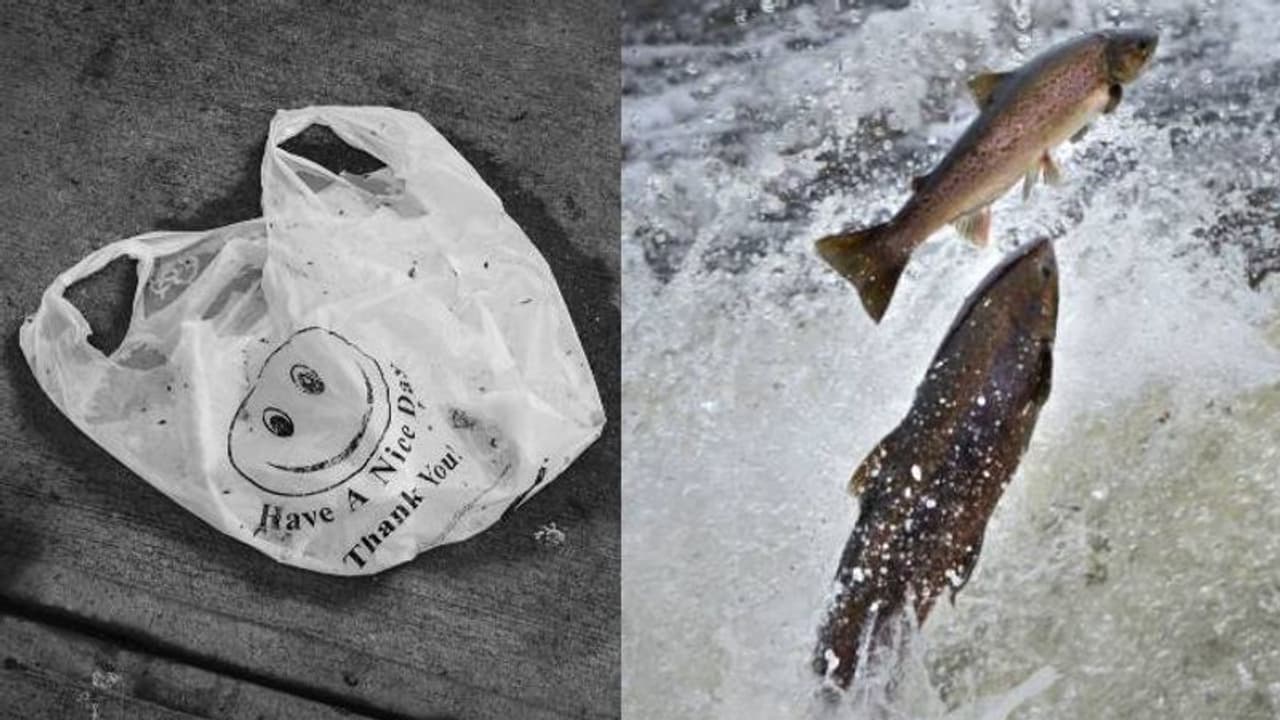Scientists in China's Tianjin University have developed an eco-friendly plastic alternative using sperm of salmon fish and vegetable oil.
The use of plastic is common in our society. From carry bags and bottles to packaging and wrapping products, plastic has become a common feature of our daily lives. Over the years, plastic has posed a grave dilemma for our environment. Tonnes of plastic is used and thrown carelessly, making their way to the ocean, seas, and several landfills. Given that plastic is made from petrochemicals, it requires a lot of heat and toxic substances to manufacture that add to environmental pollution. Let's also not forget that plastic takes centuries to break down, and very few get recycled.

In a bid to reduce, if not end, plastic pollution, scientists in China's Tianjin University have developed an eco-friendly plastic alternative using sperm of salmon fish and vegetable oil. The scientists developed a material called 'hydrogel', which is made from two DNA strands of salmon sperm combined with a chemical in vegetable oil to create a robust manufacturing material. So far, this breakthrough innovation has been used to create a teacup, puzzle and DNA structure. The researchers estimate it produces 97 per cent fewer carbon emissions than traditional plastics.
"
For decades scientists and environmentalists the world over have done a lot of research on plastic recycling. Biodegradable plastics exist that have been created using cornstarch and algae. However, these require a lot of energy and can be challenging to recycle. But scientists at the Chinese university say that eco-friendly plastic made from hydrogel is easy to recycle. One has to dip it in water, and the enzymes in the salmon DNA will turn it back into a gel, which can be reused to make other alternatives.
However, there is one problem. The material needs to be kept completely dry and free from any moisture, rendering the salmon sperm cup useless. Nevertheless, the material can be used to make carry bags, package covers, etc., that are not exposed to any form of water or moisture.
Also read: Come January 2022, India to impose ban on single-use plastic items
According to estimates, the world produces around 300 million tons of plastic every single year. The majority of these do not get recycled, and over the years, they break down to microplastics that find their way into the ocean, fishes, birds, food chains and thus even human beings. With this invention, the question arises: could this be the answer the world has been waiting for to end the harmful single-use of plastic?
